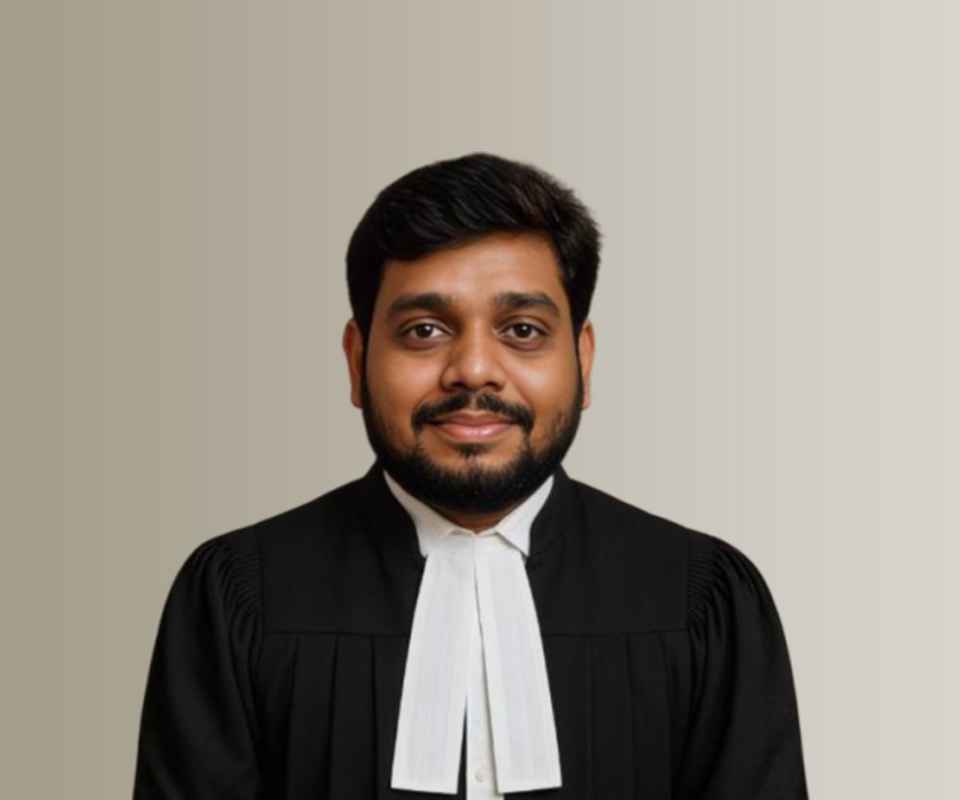Answer By law4u team
A Summary Court Martial (SCM) is one of the three types of courts established under the Army Act, 1950 to adjudicate the offenses committed by military personnel in India. It is the least formal and most expeditious form of military trial, typically used for minor offenses and disciplinary breaches that do not involve serious criminal conduct.
Key Features of a Summary Court Martial
Purpose and Nature:
The primary purpose of a Summary Court Martial (SCM) is to provide a quick and efficient trial process for minor offenses committed by military personnel, allowing for swift disciplinary action.
It is designed to address less severe violations of military law that do not require a full court martial process.
Composition:
A Summary Court Martial is typically composed of one presiding officer who is an officer of at least the rank of Captain (or equivalent) and two other officers.
The presiding officer has the authority to pass judgment on the accused and impose penalties.
Types of Offenses:
Minor disciplinary offenses are usually tried in an SCM. These include violations such as:
- Insubordination (failure to follow orders).
- Absence without leave (AWOL) for a short period.
- Negligence in performing duties.
- Disrespect towards a superior officer.
- Minor misconduct like failure to maintain proper military conduct or appearance.
It is not used for serious offenses like mutiny, desertion, or crimes involving violence.
Procedure:
The procedure for an SCM is much less formal than that of a General Court Martial (GCM) or District Court Martial (DCM).
The accused personnel is generally tried in the presence of their commanding officer, and the trial is often held quickly, sometimes without a full investigation or formal representation by a lawyer.
The accused is allowed to present their defense, and the evidence is reviewed briefly before a decision is made.
Punishments Under Summary Court Martial:
Punishments that can be imposed by a Summary Court Martial typically include:
- Detention (confinement in military custody for a specified period).
- Reduction in rank (demotion to a lower rank).
- Forfeiture of pay or allowances for the period of detention.
- Reprimands (a formal warning or caution for the misconduct).
However, the death penalty and life imprisonment are not applicable in an SCM as they are reserved for more serious offenses tried in a General Court Martial.
Limitations of a Summary Court Martial:
The punishments imposed in an SCM are usually limited to less severe consequences as compared to those imposed by a General Court Martial.
An appeal can generally be made against the decision of an SCM to a higher authority, such as the higher military tribunal.
Differences from Other Courts Martial:
- General Court Martial (GCM): This is for serious offenses like treason, mutiny, or desertion and involves a formal trial with a judge and jury. It has the power to impose severe penalties, including death and life imprisonment.
- District Court Martial (DCM): This is for offenses that are more serious than those tried in an SCM but less severe than those dealt with by a GCM. The penalties imposed can include imprisonment or dismissal from service.
- Summary Court Martial is quicker and more informal, designed for handling minor offenses in a swift and efficient manner.
Example:
A soldier who is found guilty of absenting himself from duty for a short period (i.e., unauthorized absence) may be tried in a Summary Court Martial. If convicted, the soldier could face the following consequences:
- Reduction in rank (e.g., being demoted from Sergeant to Corporal).
- Detention in military custody for a short period.
- Forfeiture of some pay or allowances for the time spent in detention.
This process would be completed quickly, and the soldier would not face the same severe penalties as they would in a General Court Martial.
Conclusion:
A Summary Court Martial is a swift and informal military trial designed to handle minor offenses committed by military personnel. It provides a speedy resolution to disciplinary issues while ensuring that personnel who violate military rules face appropriate consequences. However, for more serious offenses, other forms of court martial, such as the General Court Martial or District Court Martial, are used.







